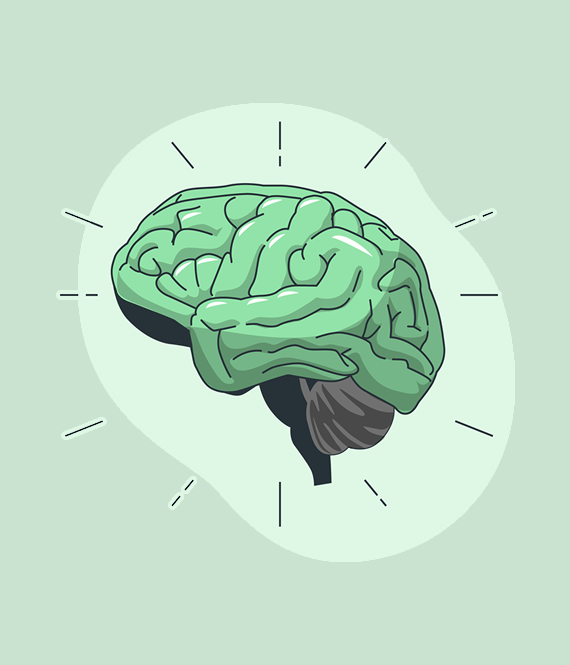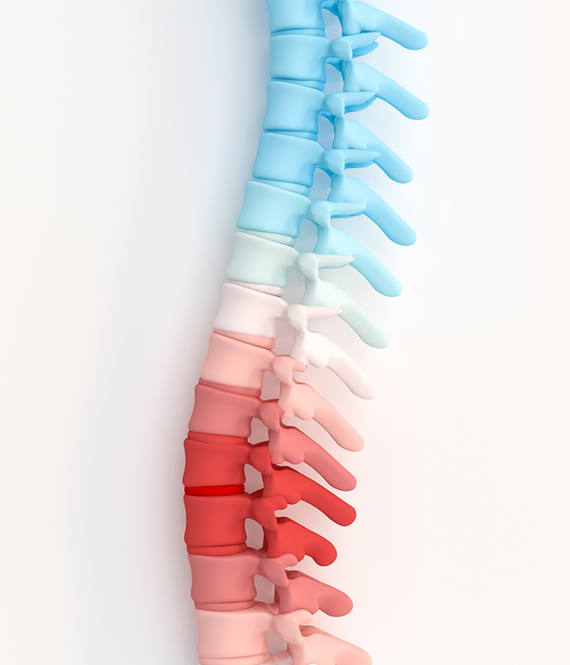
4 Highly Important Reasons To Visit a Neurologist
We recommend helpful products in our articles. Read our full disclosure here. The content on this website is not intended to be a substitute for professional advice, diagnosis, or treatment.
“Are there any reasons to visit a neurologist, if I haven’t yet?”
Neurology is one of the most complicated parts of medicine.
The human brain is yet to be fully understood, even with all the medical advancements that have been happening in the last few decades.
However, even if a lot of knowledge is still missing, a neurologist can help you to improve your quality of life.
In this article, we’re exploring 4 important reasons to visit a neurologist for better health and pain management.
Important Reasons To Visit a Neurologist
1. Neurologists can help with back pain
If you are struggling with back pain, this is one of the major reasons to visit a neurologist soon.
With the modern life that a lot of people lead today, which is to sit in the office for hours in front of computer screens, there is a significant increase in chronic back pain.
Today, eight out of ten people will see their doctor for some sort of back pain during their life, which is quite a high percentage.
The most common area to experience back pain is the lower back area, as this is the area that holds most of our body weight.
Some patients also experience acute back pain, which might not be as bad as chronic pain, but many would agree that it is more stressful.
These are just a few reasons to visit a neurologist for back pain:
- Neurologists specialize in the field of medicine that revolves around the brain and nerves, which are highly associated with the spine.
- There are numerous ways that neurological back pain treatment can be given to patients, and it will depend on what kind of pain you are experiencing.
You don’t have to live with pain.
- A neurologist can perform different exams on you, such as making you get an X-ray or MRI.
- Some neurologists will also require you to get an EMG too, which will check for the health of your muscles and nerves, as well as their weakness.
Most importantly, a neurologist can help you understand how to manage back pain, and prevent the injury or disease from progressing or becoming chronic.
2. Neurologists can treat different movement issues
Other reasons to visit a neurologist are related to movement, and any problems you might have with it.
Neurologists specialize in nerves, which are the part of our body that is essential for movement.
As electric impulses are sent through them from our brains, they can help with movement problems.
Just like with back pain, there are many tests that can help neurologists determine what the best treatment options for your movement problems are.
More importantly, by using various imaging techniques, a neurologist can determine what are the possible causes of your movement problems too.
Sometimes, just some small techniques in physical examination (like the one where they use a small hammer to check for reflexes) can be enough to give a diagnosis.
3. Neurologists can help with memory problems or confusion
The human brain is quite complicated, and while we know a lot about it, there is still much to learn and discover.
Even those who have specialized in the field of neurology will often discover and learn something new during their careers with every patient.
However, even with so much left to discover, one important has quite a lot of information to help with – memory issues and confusion.
There are all kinds of treatments for patients who have a problem with one of these issues or even both of them.
Most of them can be solved with some sort of therapy, or by taking a specific medication.
Related: What to expect when visiting a neurologist for the first time
4. Neurologists can check for and treat your dural arteriovenous fistula
This is one of the less common reasons to visit a neurologist, but it is also especially important.
Neurologists also have to deal with some rare anomalies, such as the DAVF, better known as a dural arteriovenous fistula.
DAVF is a vascular anomaly, that looks like an abnormal connection between an artery in the dura mater, and a vein that carries the blood to the heart.
It can occur in the brain, spinal cord, and other body areas.
While this anomaly can sometimes cause no symptoms at all, it does pose a lot of risks to the patient.
DAVF can cause various neurological symptoms and even brain hemorrhage (brain bleeding or a stroke).
There are a few symptoms of DAVF, such as:
- common headaches;
- ringing in ears;
- abnormal sound with turbulent blood flow;
- visual impairment;
- seizures;
- hemorrhage;
- and more.
When it comes to dural arteriovenous fistula treatment, there are a couple of options.
They will depend on the pattern of the DAVF that you have, as well as the symptoms you are experiencing.
In most cases, DAVFs are cured with a minimally invasive procedure called endovascular embolization.
During this procedure, a catheter is threaded through your wrist or leg to the site of the fistula via an artery.
Then, the fistula is plugged with a metal coil, a balloon, or glue.
With this, the abnormal blood flow pattern is corrected.
However, while that is the most common way to do it, some cases will require microsurgery on top of the endovascular embolization too.
Other Reasons To Visit a Neurologist
We have explored 4 different, highly important reasons to visit a neurologist.
Other reasons include:
- Numbness and pain in various areas of your body;
- Unexplainable dizziness (vertigo);
- Any kind of chronic pain;
- Recurring or severe headaches.
It may be uncomfortable to think that you should visit a neurologist because your body has been acting a bit strange, but visiting one for consultation is your best option.
There is no need to be embarrassed about your situation, as neurologists have seen a lot of strange things, and they will always do their best to help you.
"We love to research problems, examine studies, analyze solutions, and share with you ideas that make life healthier. You can learn about us and our editorial standards here. Have suggestions or feedback to share? Send us a message!."













Leave a Comment